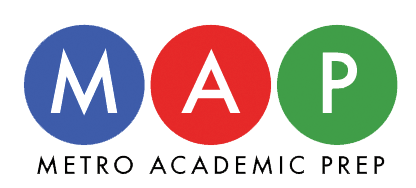The Right Path Goes Left
In Plato’s Republic, the philosopher has one of his characters suggest that if a just man possesses a ring that renders him invisible, the Ring of Gyges, he would succumb to the temptation and act unjustly, giving in to his corrupt desires. The assumption is anyone who avoids doing wrong is acting out of fear of getting caught and punished, not because doing the right thing has any value in itself. People are offered this ring at several points in their lives, and it is at these moments that the ethical dilemma is presented.
It was a cold October morning when the ring was slipped on my finger. I was far along this fall’s bike ride to raise money for the National Multiple Sclerosis Society. The 60-mile course up and down demanding mountains had challenged me physically and mentally for more than five hours. With ten miles left, I was cramped and exhausted. I envied those who had finished and I envied those who had quit. I just wanted to reach the end, any end. And just then, I was offered my way out—the Ring of Gyges.
It came in the form of a volunteer worker who had obviously noticed that I was beat. He came up next to me and said, “Is this your first 60-mile ride?”
“My first ride period, sir.” I could barely find the breath to speak.
“Well, you’ve really accomplished something great here, but I would suggest going straight at the intersection and not making a left. That’ll save you eight miles of extreme hills. The ride will be over for you in two miles. There’s no point in killing yourself.”
The temptation was overwhelming. If I went straight, I would save myself from the physical torture and nobody would ever know I had only gone 52 miles. Not my school, my friends, my family, or my sponsors. My act would indeed be invisible to all.
But when the opportunity to go the straight and easy way came, I made the left turn toward eight more miles of hill. I could never have been content with myself had I not legitimately completed the ride. For life is not about the trophy or the top grade or the accolades from others. Those things are great, but they are meaningless without having achieved them truthfully and with genuine effort. While I would not have been caught that day of the bike ride, such a concern became irrelevant in comparison to realizing I would have to deal with this reality in my solitude. I would have known, and that is the ramification I could not have lived with.
The Ring of Gyges is presented to people daily. People can become invisible and cheat on a test, betray a friend, or lie to their parents, all without being found out. While I may have made some poor ethical decisions in my life and fall far short of living up to Plato’s ideal, I still aim for that path where honesty does have value in itself. I would rather have passed out on my bike that day than have bypassed the route I had promised to the others and to myself.
